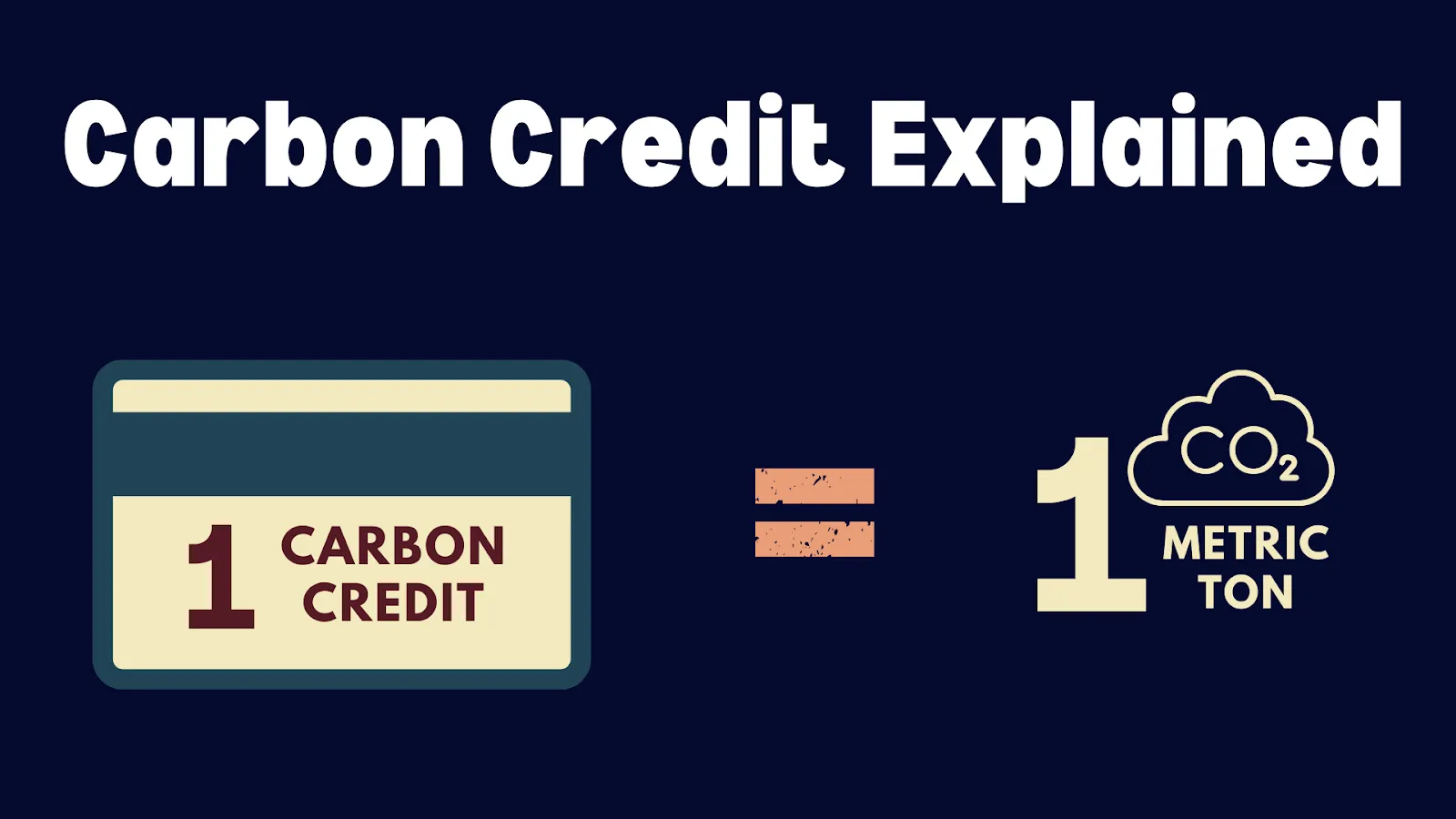Voluntary Carbon Market: An opportunity to invest in projects aimed at reducing emissions
Blue Earth | Oct, 2023
In the light of ongoing concerns about climate change and the urgency to slow global warming, it has become imperative for organizations to redouble their efforts to reach net-zero greenhouse gas (GHG) emissions. This is crucial for fulfilling their commitments for climate, conservation, and sustainable development in order to create a more sustainable Planet.
Voluntary Carbon Market(VCM) which was introduced in 1990’s is a decentralized market-based approach where governments, corporates and individuals can voluntarily participate in what is known as carbon emissions trading.

One carbon credit represents 1 metric ton of CO2e carbon dioxide or equivalent emission reduction/offset from the atmosphere. These credits serve to compensate for the inevitable emission of one ton of CO2 or similar gasses emitted by projects focused on decreasing GHG in the atmosphere.
Participants can sell carbon credits directly to emitters seeking offsets or sell them to specialized firms involved in carbon credits development. According to McKinsey analysis, carbon credits, as identified by a McKinsey analysis, can accrue from three sources: prevented deforestation; nature-based solutions like reforestation; and reducing emissions from landfills including technology-based removal of CO2 from the atmosphere.
Since 2021, when carbon finance gained attention in corporate boardrooms, voluntary carbon markets have increasingly become an exciting option for companies looking to address their climate risks. The increasing availability of carbon credits and a necessity for corporations, organizations, investors developers and others to achieve their climate commitments have played a crucial role in boosting the growth of the VCM in support of ESG efforts and net-zero goals.
Companies aiming to attain carbon neutrality are working toward this objective by investing in projects and/or purchases of carbon credits. Initially, the voluntary carbon markets attracted significant players from the oil and gas sectors, hedge funds, and banks. Soon after, a wave of participants from various other sectors of the economy joined in, all striving to earn recognition for offsetting their carbon emissions.
The outlook for the voluntary carbon credits market looks promising. Experts project that by 2030 the voluntary carbon market would reach an estimated value of 50 billion USD +. Barclays estimates that it could reach $250bn per annum by 2030 which is 125 bigger than its 2022 levels. Furthermore, they foresee it reaching $1 trillion per year by 2050. Credit Suisse estimates it at $100 bn per annum which is 50 times its 2022 size.. McKinsey & Company predicts it could be around t $50 bn per year, 25 times its current size. The Integrity Council for the Voluntary Carbon Market (ICVCM) ) also estimates it at $50 bn per year Bloomberg suggests that, with favourable conditions, the market could reach $1 trillion per annum by 2037.
Corporates are increasingly considering how to manage their carbon exposure and making decisions about how to allocate capital each year to offset their emissions through avoidance, reduction, or removal.
There’s a significant increase in emission reduction solutions that are commercially available and organizations need to step up the pace to take advantage of this rapidly developing scenario in these VCMs. These markets offer premium pricing for projects that yield additional benefits, such as biodiversity conservation, gender equality and community economic development. VCMs that prioritize Fairness, Inclusiveness and Transparency are expected to set the hallmark for the maximum value for potential end-users. Companies can gain advantages not only from reducing their carbon footprint but also from purchasing carbon credits to improve their brand image.
We help companies address their climate impacts in detail and make it easy to manage them. Ultimately, we want to see a strong market for this type of product, where each party can find what they are looking for and where they can trust that they are. we want to see a strong market for this type of product.
Get Started